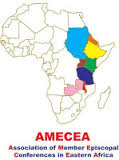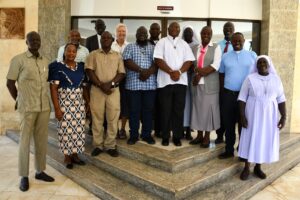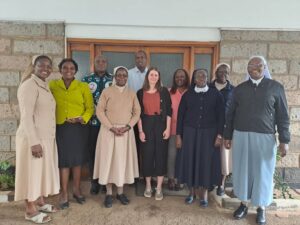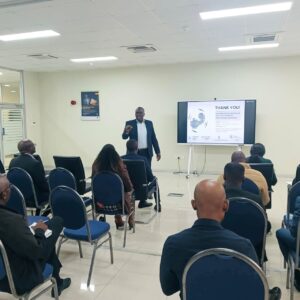UGANDA: AMECEA holds workshop on priestly formation in Uganda

In an effort to implement the resolutions made at the 18th Plenary Assembly of the Association of Member Episcopal Conferences in Eastern Africa (AMECEA) that was held in 2014 in Malawi, AMECEA has organized a five-day workshop on the Formation of Priests in Uganda.
The workshop, which began Monday, April 3, at Ggaba Major Seminary in Kampala brought together about 50 church leaders including Bishops, rectors and spiritual leaders from eight AMECEA conferences.
According to the Secretary General of the Uganda Episcopal Conference (UEC), Msgr. John Baptist Kauta the workshop aims to implement the key resolutions that were made at the 18th Plenary Assembly of the AMECEA which includes Formation of Priests.
The five-day event which concludes on April 7 was organized by AMECEA in collaboration with UEC.
Meanwhile, in December last year the Vatican’s Congregation for the Clergy also issued an updated instrument for the formation of priests.
The document, entitled Ratio Fundamentalis Institutionis Sacerdotalis or ‘The Gift of Priestly Vocation’, was promulgated on the Solemnity of the Immaculate Conception, on December 8 and published in the Osservatore Romano.
In an interview with the Osservatore Romano, Cardinal Beniamino Stella, Prefect of the Congregation for the Clergy, says the updated Ratio Fundamentalis is meant to provide guidelines for the formation of priests, which “needed to be revamped, renewed, and restored to the centre”.
The last Ratio was published in 1970 and updated in 1985. Cardinal Stella said the new norms seek to take into account the rapid evolution in “historical, socio-cultural, and ecclesiastical contexts”.
He said inspiration was drawn from Pope Francis’ teachings and spirituality, especially regarding “temptations tied to money, to the authoritarian exercise of power, to rigid legalism, and to vainglory”.
Cardinal Stella said the guidelines take up “the content, methods and orientation produced up to this day in the field of formation”, while at the same time building on the “existing patrimony” of the Church.
The document, he said, draws on Pastores dabo vobis from 1992 to promote an “integral formation”, that is, “the ability to unite, in a balanced way, the human, as well as the spiritual, intellectual, and pastoral dimensions, through a gradual instructional personalized course”.
One important innovation is the introduction of a “propaedeutic period upon entrance to the Seminary”.
The Ratio Fundamentalis proposes the propaedeutic stage of formation be “not less than one year or more than two” and is meant to validate the vocation of candidates.
By Jacinta W. Odongo
Media Officer, Uganda Episcopal Conference


